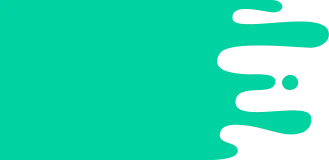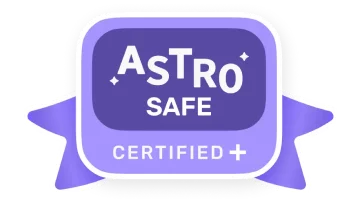Facts for Kids
f is a modern functional programming language focused on simplicity, performance, and a robust type system.
Overview
Future Directions
Historical Background
Major Theories And Models
Current Research And Trends
Challenges And Controversies
Key Concepts And Terminology
Applications And Implications
Resources For Further Learning

Inside this Article
Artificial Intelligence
Programming Language
Information
Becoming
Computer
Function
Future
People
Warren
Did you know?
🧑💻 f is a functional programming language that emphasizes immutability and first-class functions.
🔧 It allows for concise and expressive code, making it easier to define complex algorithms.
🚀 f supports powerful type inference, reducing the need for explicit type annotations.
📚 It incorporates features from both functional and object-oriented programming paradigms.
🌐 f is designed for high-performance computing and can handle large-scale data processing.
🔄 The language supports lazy evaluation, optimizing resource usage and computation times.
👨🏫 f has a growing community and extensive libraries, facilitating rapid development.
🖥️ It is statically typed, ensuring type safety at compile time and reducing runtime errors.
🔍 f encourages a declarative style of programming, focusing on what to solve rather than how to solve it.
🛠️ f is ideal for applications requiring parallelism and concurrency, making it suitable for a range of industries.
Introduction
It's like telling a robot what to do, step by step! The "f" stands for "Function," which is a little piece of code that helps computers perform tasks. Imagine you have a magic box that can do different things – that's what functions do! They can add numbers, tell stories, or even create games! 🌟
People who use this language are called programmers, and they make awesome stuff like apps, websites, and much more!
Future Directions
More schools are starting to teach coding to kids! By 2025, we're expected to have many apps and games created by young programmers! Also, artificial intelligence (AI) is becoming popular, and kids who learn f programming can be part of this amazing technology! 🌍
As people create more interactive and creative projects, the possibilities are endless for what can be created! So, who knows? You might create the next popular video game or app when you grow up!
Historical Background
This special language helped scientists and mathematicians solve really cool problems. A famous computer scientist named John Backus led the team that came up with Fortran, which inspired many other languages like f. The first computer was invented by Charles Babbage in 1837, but it was very different from the computers we have today! Now, many kids around the world learn to code with f and other languages!
Major Theories And Models
You want everything organized and tasty! There’s another fun concept called "Pure Functions." They are functions that will always give the same output if you give them the same input. So, if you ask a pure function, "What is 2 + 2?" it will *always* say 4! This makes programs more predictable and easier to understand!
Current Research And Trends
People are coming up with new functions to make it easier to learn! For example, fun games like "Scratch" can help kids understand programming concepts through colorful blocks that snap together! 🎨
Researchers are also making tools that help kids code without needing to write lots of complicated words. This will help many more kids discover the joy of programming and make it more exciting than ever before! The future looks bright for new programmers!
Challenges And Controversies
Making errors in code is common, but it’s also a part of learning. One controversy in programming is whether coding should be taught in schools. Some people believe that every kid should learn coding, while others think it might not be necessary. 🤔
It's essential to practice and learn from mistakes, just like a superhero practicing their skills! 🚀
Finding resources and support can help kids become better programmers and tackle any challenges that come their way!
Key Concepts And Terminology
A “Function” is like a little box that does something when you give it the right input! "Parameters" are special pieces of information that the function uses. Think of them as ingredients in a recipe! 🍰
Also, there are "Variables," which are like containers that hold different values, like numbers and letters! Finally, "Return" is what the function sends back after finishing its task. Learning these terms is like learning the secret code of programming!
Applications And Implications
️ Video games, websites, and even scientific research use it every day! 🌍
For example, game developers use it to create exciting characters and adventures! Scientists use it to solve complex math problems. In schools, kids learn f programming to build their projects, like making a school website or an interactive story! Learning f can lead to fun careers, like becoming a game designer or an app developer! The more you learn, the cooler the projects you can create!
Resources For Further Learning
Websites like "Code.org" and "Scratch" help kids learn coding through fun games and activities! You can also check out books like "Hello World! Coding for Kids" by Warren Sande, which is great for beginners! Another fun option is to join a local coding club or a summer camp that teaches programming! 🎉
Remember, practice makes perfect, and the more you learn, the more fun you will have creating with f programming!

